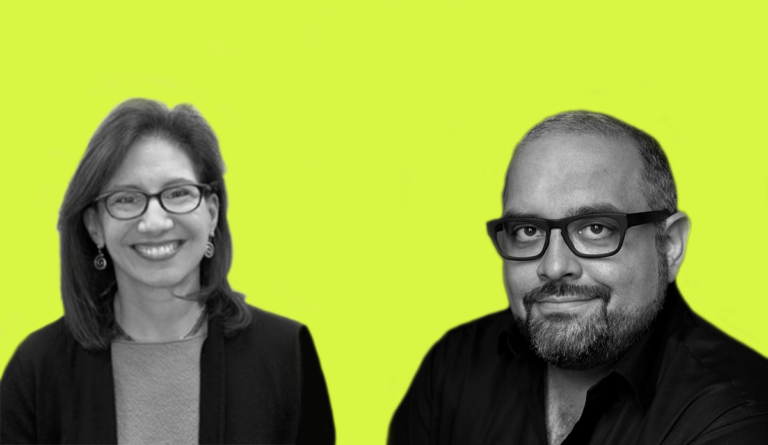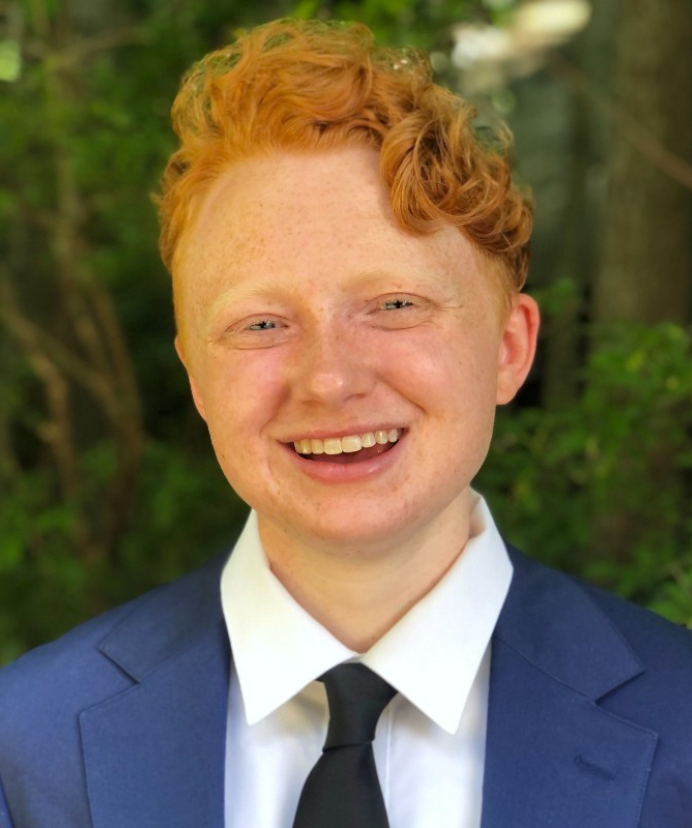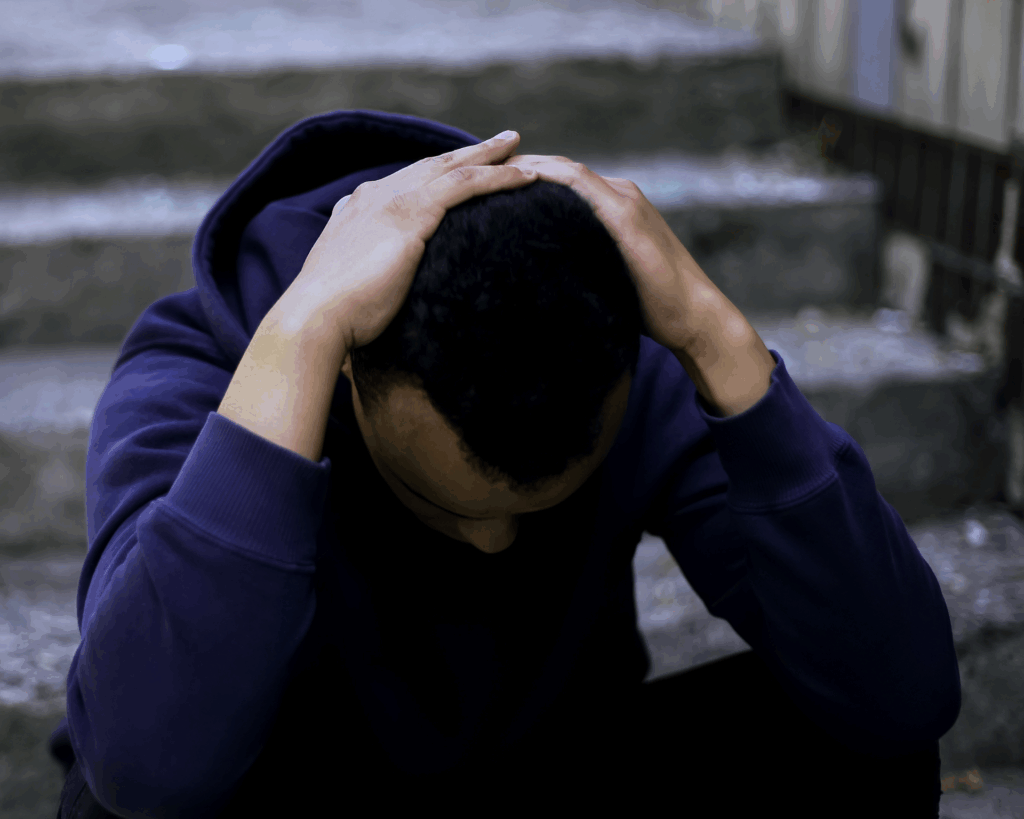Jennifer Hirsch and Shamus Khan
Jennifer Hirsch and Shamus Khan summarize their book "Sexual Citizens," which offers a public health perspective on campus sexual assault.

Read Time: 6 minutes
Published:
Jennifer Hirsch is a professor of sociomedical sciences at Columbia Mailman School of Public Health. Shamus Khan is a professor of sociology at Columbia University. Hirsch and Khan discuss their book Sexual Citizens, which offers a public health perspective on campus sexual assault.
Public Health Post: We normally think about sexual assault as occurring between two people. Why is it important to take a public health perspective?
Jennifer Hirsch: Though there have been calls for ecological understandings of sexual assault for 20 years, we still think about assaults in two ways: the psychology of the person who commits an assault and what to do after an assault happens. The adjudication process is only relevant to a handful of assaults because so few are reported.
Shamus Khan: Imagine if we taught people to drive by telling them, “You need to stop at red lights and stop signs.” That’s all we did. Don’t get us wrong. It’s important that people stop at red lights and stop signs. But knowing that doesn’t teach you how to drive. You need many more skills. Consent is necessary but insufficient. If you’re going to have safe roads, you need to make sure that trees aren’t blocking signage and that pedestrians have curb cuts. You need clear sets of guidelines about what is and isn’t acceptable. You need safe vehicles and safety equipment. What if we took that insight, and we applied it to sex?
There is an approach to this subject matter that sexual assault is entirely different from sex, and you don’t take that approach. Can you speak to the relationship that you believe exists between sex and sexual assault?
Jennifer Hirsch: Sex is not violence, but the violence often happens in a sexual context. Our analysis is grounded in the idea that you can’t understand campus sexual assault without also understanding the social organization of sex on campus. We understand the political complications of how that might land with people.
Shamus Khan: A lot of people who experience assaults describe it as having sex. Some people who committed assaults described what they did as having sex. It was startling to see the number of people who described assault experiences as sex.
How do social landscapes create opportunities for assault?
Shamus Khan: Space on college campuses is differentially controlled. Most spaces on campus are controlled by white students. Students of color often describe campus as a “white space.” But it’s not only a white space. It is a male space and a hetero space. Columbia has Greek life, and fraternities are allowed to serve alcohol, but sororities are not. That has a big impact on space and control.
One of the most sobering moments in our interviews with students was when Jennifer and I realized that every single Black woman we spoke to told us a story of unwanted sexualized touching. Every single one. That is not just an experience of their gender. It is also an experience of racial domination and disrespect for Black women’s bodies.
I love the pieces of the book around modifying built environments. Can you speak to how built environments create opportunities for sexual assault and for sexual assault prevention?
Jennifer Hirsch: There are four pieces of furniture in most dorm rooms: a desk, a chair, a dresser, and a bed. When two students walk back together at the end of a night, there are few places to sit. You can’t sit on the dresser, you can’t sit on the desk, and it’s honestly weird to sit on the desk chair. Both people end up sitting on the bed. Beds have sexual meaning. It doesn’t mean that when you sit on a bed it’s okay for someone to assault you. But it does mean that people are funneled back into a sexualized space because there aren’t that many other places to hang out late at night.
What policy changes do you advocate for, and who has the power to make those changes?
Jennifer Hirsch: No solution will prevent every sexual assault. But a critical part of the solution is age-appropriate, medically accurate, inclusive, comprehensive sexuality education. Part of the SHIFT research looked at the efficacy of sex education in addressing assault. Women who had sexuality education that included practice saying no to sex were half as likely to be raped in college. That is as effective as the flu vaccine.
Other work that I’ve done that suggests that comprehensive sexuality education can help teach people not to assault. There is a sex ed landscape in America where rich kids and kids in progressive school districts get sex education. And there are still nine states that mandate that sex education, if delivered, must be homophobic. In some states, we are doing actual damage to people by increasing their risk of suicide and making them feel rejected and excluded.
Learning to sit criss-cross applesauce and keep your hands on your own body is the whole point of kindergarten. Building age-appropriate lessons includes conversations about healthy relationships, gender, and respect for gender and sexual diversity. All of these are essential for the future of sexual assault prevention.
And who has the power? I think among parents there is really widespread, bipartisan support for comprehensive sex ed. Legislators have failed us. Either they need to do the work of citizens or we need to get some new legislators. Young people are always the most effective advocates for sex ed policy. The undergraduates and grad students reading this interview have the power to move forward with this policy priority.
What does the world of realized sexual citizens look like?
Shamus Khan: Much of the attention to sex and sexuality has been on what people are doing and who they’re doing it with. Jennifer and I want to pivot the conversation to talking about how people are having sex. People could be hooking up with strangers. Or not. We’re agnostic about what people are doing. What we’re not agnostic about is that when they have those encounters, they fundamentally respect the human dignity of the other person.
A world of sexual citizens is a world where communities, families, religious institutions, and the government takes it as their job to develop a sense of sexual self-efficacy among young people. It doesn’t mean being super sex positive. But it does mean not being sex negative. It means saying to young people and old people that sex is likely going to be an important part of your life, and you should think about what you want from that. You have the right to your own sexual self-determination. Everyone you’re with, whether that’s only one person or many many people, has that same right.
Photos courtesy of Jennifer Hirsch and Shamus Khan



